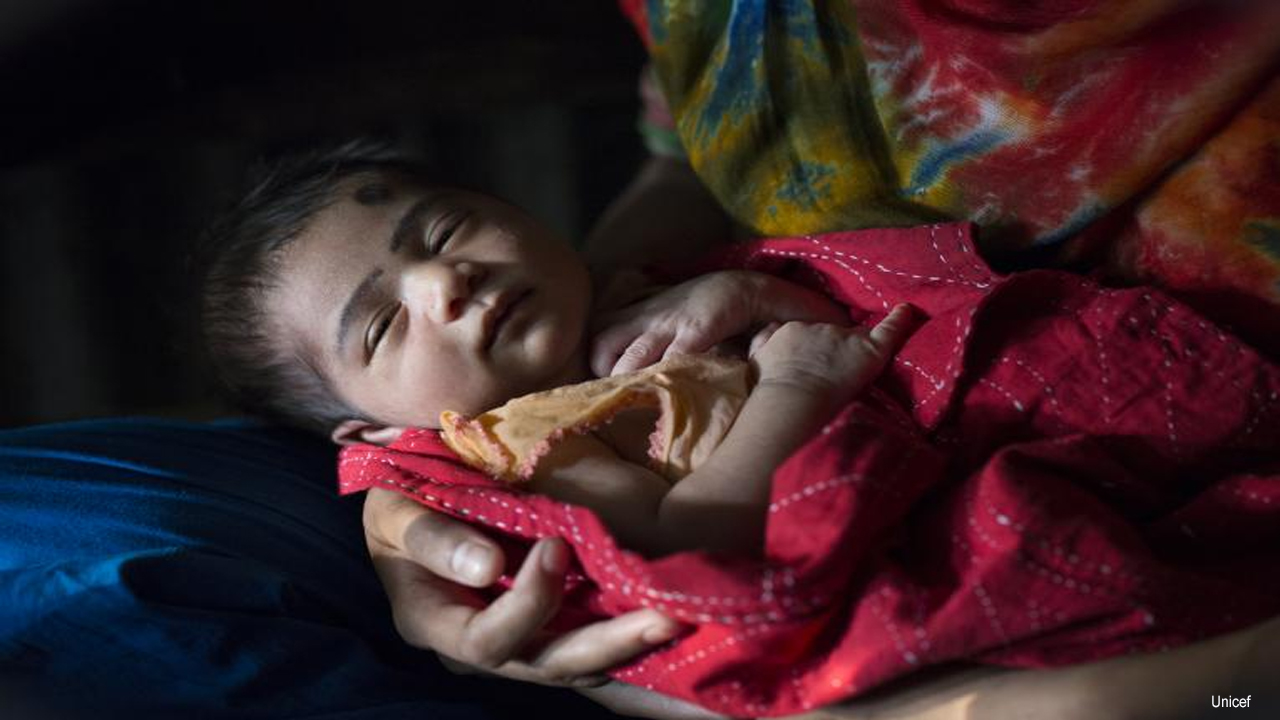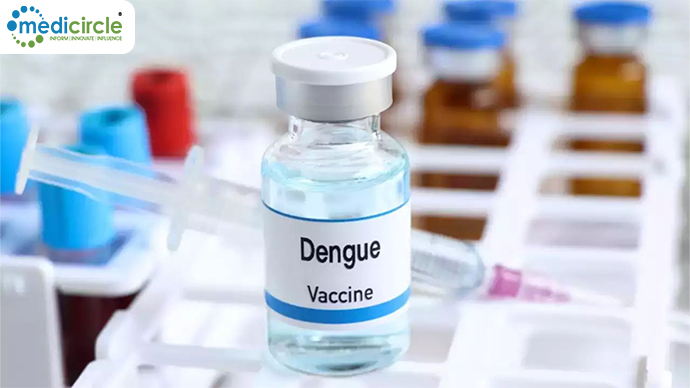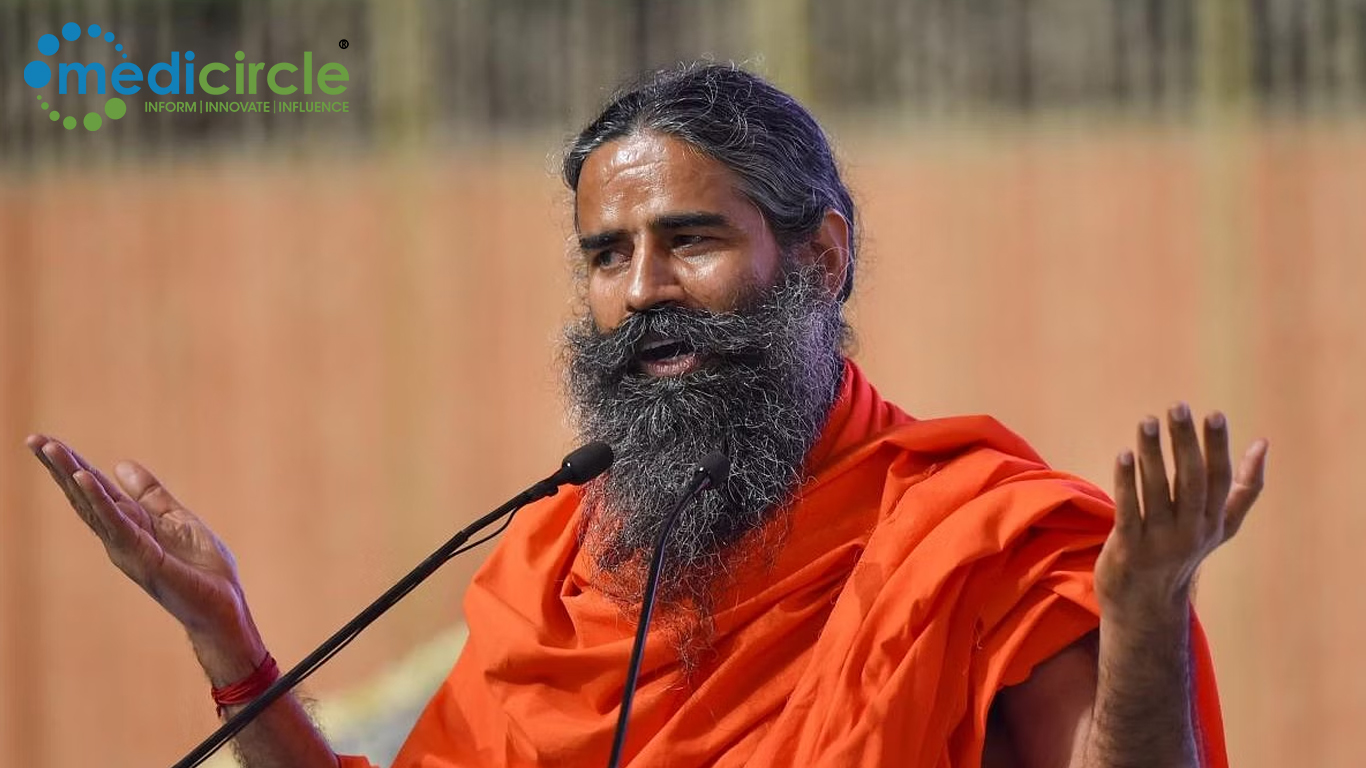The Governments of Canada and Bangladesh, in partnership with the Government of Japan, on Monday hosted a virtual launch of the Nutrition for Growth Year of Action, setting in motion a year-long effort to address a global hunger and nutrition crisis that has been exacerbated by the COVID-19 pandemic. The event featured more than US$3 billion in financing commitments or re-commitments from a range of stakeholders including the Government of Canada, the Government of Pakistan, World Vision International, UNICEF, and the World Bank. Additional strong policy commitments from Guatemala, Nigeria and Senegal were also highlighted.
"This year, because of the impact of the COVID-19 virus, a potential 270 million people are facing food insecurity. The most vulnerable are those who were food insecure or malnourished before the pandemic—largely women and children. To address these concerning projections, I am pleased to pledge CAD$520 million in nutrition-specific funding over five years to support gender-informed life-saving nutrition interventions for the poorest and most vulnerable. This is part of an existing commitment made at Women Deliver in 2019, where the Prime Minister pledged Canada's commitment to global health," said Canada's Minister of International Development, Karina Gould. "Working together, we can ensure that nutrition remains a top priority as we mitigate, control and then recover from this pandemic," she added.
Financial commitments included:
- The Government of Canada announced CAN$520 million (US$407 million) for nutrition programming through 2025
- The Government of Pakistan committed to spending US$2.18 billion by 2025 to address malnutrition and stunting
- World Vision International committed to extending and increasing its 2013 commitment with a pledge to spend US$500 million on nutrition by 2025
UNICEF committed to an annual investment of at least $700 million per year over the next five years for nutrition programs for children, adolescents, and women. The World Bank also announced $500 million in Early Response Financing from the IDA-19 Crisis Response Window, to be targeted to countries facing food insecurity crises—of which nutrition issues are an important part.1
The total funds committed are a fraction of what is needed to tackle the global malnutrition crisis, but represent an important down payment as additional commitments are made over the coming year. The Nutrition for Growth (N4G) Year of Action launches a roadmap of key events throughout 2021, culminating in the UN Food Systems Summit in September 2021 and the Tokyo N4G Summit.
These new commitments come at a critical time. New data released by the Standing Together for Nutrition consortium predicts massive consequences for maternal and child nutrition as a direct result of the pandemic. Over the next two years, an additional 168,000 child deaths will occur, 9.3 million children will be wasted, 2.6 million children will be stunted, and 2.1 million women will be anemic unless immediate and significant global action is taken. The costs of future productivity loss due to increases in child stunting and mortality from the effects of COVID-19 on child nutrition is estimated to be US$29.7 billion.
"COVID-19 has already undone one decade of progress on nutrition. Our data reveals that unless the world steps up its effort, children under 5 in under-resourced settings will bear the brunt with an estimate of 9.3 million additional children at risk of wasting in 2020-2022. Failure to act now means we put an entire generation at risk," said Saskia Osendarp, Executive Director of the Micronutrient Forum (MNF), and Lawrence Haddad, Executive Director of the Global Alliance for Improved Nutrition (GAIN), co-conveners of Standing Together for Nutrition consortium.
Hunger is on the rise and poor diets are now the leading risk factor of death worldwide—responsible for one in every five deaths globally, more than tobacco, high blood pressure, or any other health risk. Despite this, donors currently spend less than one percent of overseas aid on nutrition. New financing estimates show that to combat the effects of COVID-19 on child stunting, child wasting, and maternal anemia, an additional $1.2 billion USD is needed annually on top of the Global Nutrition Investment Framework financing estimates of $7 billion per year.
"The pandemic has dramatically affected families' lives and livelihoods, disrupting: access to nutritious, affordable diets; essential nutrition services; and child feeding practices in many countries around the world," said UNICEF Executive Director Henrietta Fore. "So now is the time to focus even more on the nutrition of children and women. 2021 presents us with a unique opportunity to respond, recover and reimagine better, more effective nutrition policies, programs and actions for the future, and to emerge from the COVID-19 crisis stronger than before."
New resources committed today aim to close the gap in nutrition financing. To date, N4G mobilization efforts have generated unprecedented and impactful commitments to improve global nutrition. In 2013, at the first Nutrition for Growth Summit in London, donors secured new major commitments of over $4 billion to tackle undernutrition, and $19 billion in complementary nutrition-sensitive investments between 2013 and 2020. At the 2017 Global Nutrition Summit in Milan, governments, civil society organizations, private philanthropies, and the private sector made financial and policy commitments totaling $3.4 billion.
Donors have delivered on their previous financial commitments, some two years early. The United Kingdom (UK) reached its target from 2013 by delivering nutrition interventions to 50 million people, and the European Union (EU) is projected to meet its target from 2013 to reduce stunting by 7 million.

 These new commitments come at a critical time. New data released by the Standing Together for Nutrition consortium predicts massive consequences for maternal and child nutrition as a direct result of the pandemic.
These new commitments come at a critical time. New data released by the Standing Together for Nutrition consortium predicts massive consequences for maternal and child nutrition as a direct result of the pandemic. 






.png)
.png)
.png)










.jpeg)

.jpeg)










.jpg)




.jpg)

